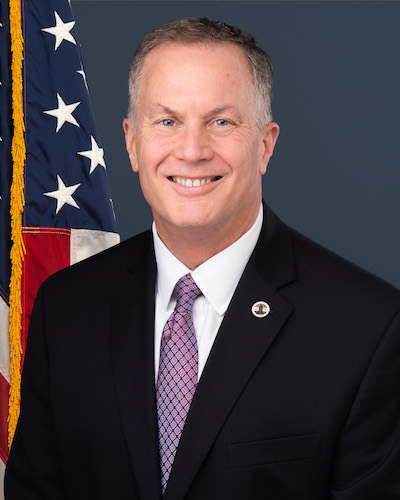Southern California officials joined state lawmakers in Los Angeles on Friday to talk about ways to tackle billions of dollars in delayed maintenance on highways, bridges, streets and other transportation infrastructure.
The cost of making necessary transportation improvements in Southern California is estimated at about $525 billion over more than 20 years, according to estimates by the Southern California Association of Governments, or SCAG, a regional group made up of 191 local cities.
With no increases to the federal gas tax — a traditional funding source for transportation maintenance — since 2004 and dwindling revenue from the tax due to cars becoming more fuel efficient, Pam O’Connor, a Santa Monica councilwoman and SCAG’s representative, said a more realistic tax should be adopted that is based on actual miles traveled by cars, rather than the amount of gas purchased.
“This is a critical issue not just for the state, but at the local level,” O’Connor said. “As municipal leaders, the challenge we face in maintaining our streets and roads has never been greater.”
SCAG Executive Director Hasan Ikhrata — speaking at an informational hearing of the state Senate Committee on Transportation and Housing — urged state lawmakers to help with speeding the pace of transportation improvement projects by five years, which he said would “save $1.25 billion to $1.95 billion in construction costs per year.”
“It will also allow us to create jobs and build our region’s economy by improving our overall transportation network,” he said.
Ikhrata listed some of the costs of delayed transportation improvements, including about $832 a year each Southern California resident spends for each vehicle driven on the area’s poorly maintained roads, and the $20 that is spent on emergency repairs for every dollar of preventative maintenance that is not done.
State Sen. Jim Beall, who chaired the hearing at the Los Angeles County Metro headquarters, said the work of “improving the state’s transportation infrastructure is one of the biggest challenges facing California this century.”
Beall said the state and cities face a “formidable hurdle” in trying to maintain about 50,000 lane miles of highways, 12,000 bridges and crumbling roads in numerous cities that are in need of repairs, and working faster to fix them “will benefit our economy and environment.”
Poorly maintained roads could prove costly, as they could lead to expensive emergency repairs and cost jobs, with roads “essential to commerce, culture and innovation,” he said.












